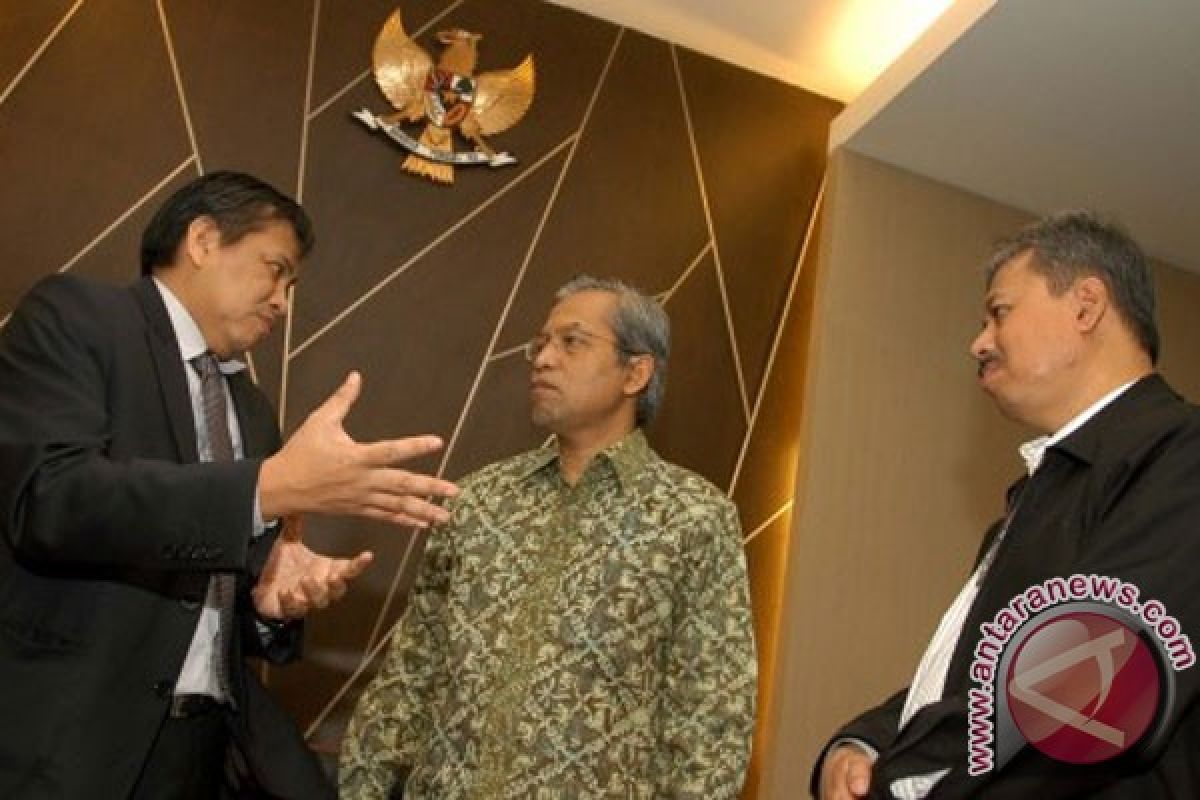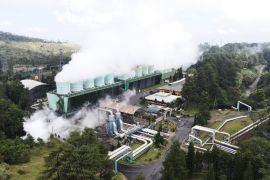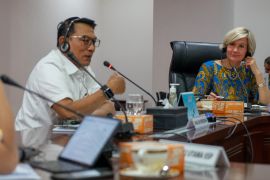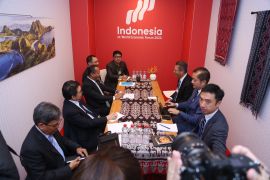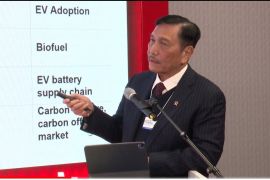"President Susilo Bambang Yudhoyono has given directives for the development of the Indonesian economic policies in the future, it should be environmental preservation-based economic development ," Lukita said at a workshop on "The Implementation of the National Action Plan on Greenhouse Emission Reduction for Land-based Field," organized by the Bogor Institute of Agriculture (IPB) on Tuesday.
Indonesia should learn the lessons of the past when economic development had targeted growth at the expense of nature.
"The past economic development paradigm which had mainly exploited nature, must be changed with sustainable development policy which is also based on nature preservation," he said.
Therefore, the government was currently developing green economics programs by giving attention to the factor of nature conservation and sustainability, he said.
Green economics was expected to help boost national economic growth and preserve the environment.
President Susilo Bambang Yudhoyono, during his address to the 100th session of the International Labour Conference in Geneva in June 2011, expressed a commitment to promoting green economics.
"In Indonesia, we intend to advance a national green skills development strategy. We plan to pursue a decentralized youth apprenticeship programme for green jobs and take measures to foster entrepreneurship and self employment in the green sector," he said.
The Second United Indonesia Cabinet last year launched a green economics program as part of its sustainable development plan which is claimed to be pro- growth, pro-jobs, and pro-poor.
To support the implementation of green economics, the cabinet has drawn up programs on food resilience by implementing sustainable agriculture, sustainable forestry management, efficiency and renewable energy usage, clean technology support, waste management, efficient and low carbon transportation management and green infrastructure development.
(Uu.F001/HAJM)
Editor: Priyambodo RH
Copyright © ANTARA 2011
